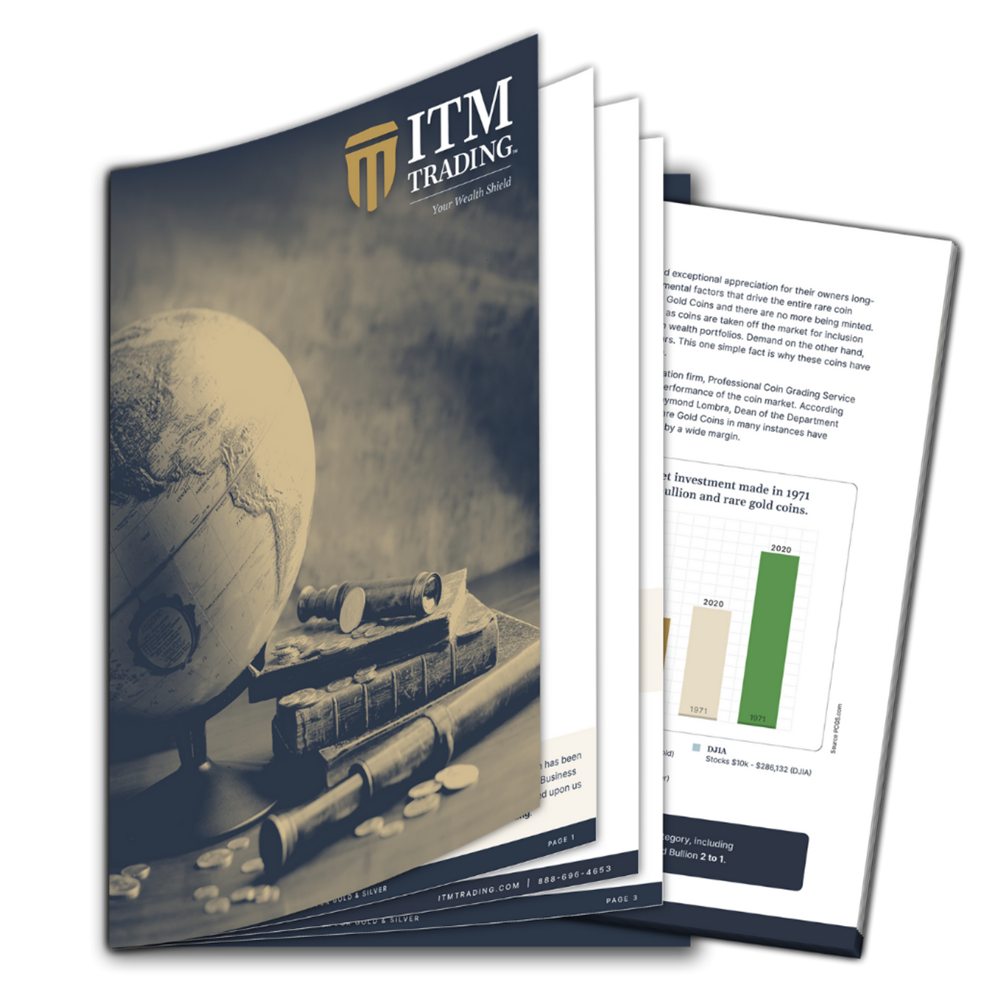China And Gold Reserves

 China has recently added to their Gold Reserves more than they ever have before from Hong Kong. Mainland China imported almost 102.8 metric tons in November, which is valued at about $5.4 billion, on the trade data of Jan. 11, 2011.
China has recently added to their Gold Reserves more than they ever have before from Hong Kong. Mainland China imported almost 102.8 metric tons in November, which is valued at about $5.4 billion, on the trade data of Jan. 11, 2011.
“The thing that’s caught people’s minds is the massive increase in Chinese buying,†said Ross Norman, chief executive officer of Sharps Pixley Ltd., a brokerage firm handling physical bullion in London. “Gold has demonstrated time and time again its ability to hold purchasing power. It looks expensive and people talk about bubbles, but it’s not.â€
The precious metal fell last year almost 19 percent from its record closing price of $1,891.90 an ounce on Aug. 22 through Dec. 29, but still closed at $1566.80, $145.40 over it’s 2011 closing price of $1421.40 at years end.
“We believe that the decline in gold prices at the end of last year has played a part in stimulating price-sensitive emerging-market demand, including China’s,” said HSBC analyst James Steel. “Sustained bull markets tend to be accompanied by rising emerging-market demand, and China’s demand will be key in determining further gold advances, we believe.”
Gold is also profiting from the fear that euro zone will slip back into recession. Given the state of affairs there with the recent credit downgrades, its no wonder.
China eclipsed India as the biggest gold-jewelry market in the third quarter according to the World Gold Council in its World Gold Demand Trends. It is speculated that the gain in imports from Hong Kong is not retail in nature but may be a sign the central bank is adding to the country’s reserves.
For those who see gold as a commodity and that it just keeps forever changing hands and circling around. It may be alarming to read that exporting of gold is banned in China. Something not lost on gold bulls.
The Peoples Bank Of China last announced two years ago that its gold reserves were 1054 tonnes, China holds the world’s 5th largest gold reserve but well below what one might expect compared to its peers and compared to the size of its currency reserves.
The Chinese authorities have long been anxious to diversify their reserve holdings away from the risks associated with holding foreign currencies (in particular the US dollar and the Euro). Buying gold is a logical continuation of that view as gold has shown time and time again its special ability to hold purchasing power consistency – it is a wealth preserver, which now is vital to the function and goals of Chinese Central Bank in adding to its gold reserves.














